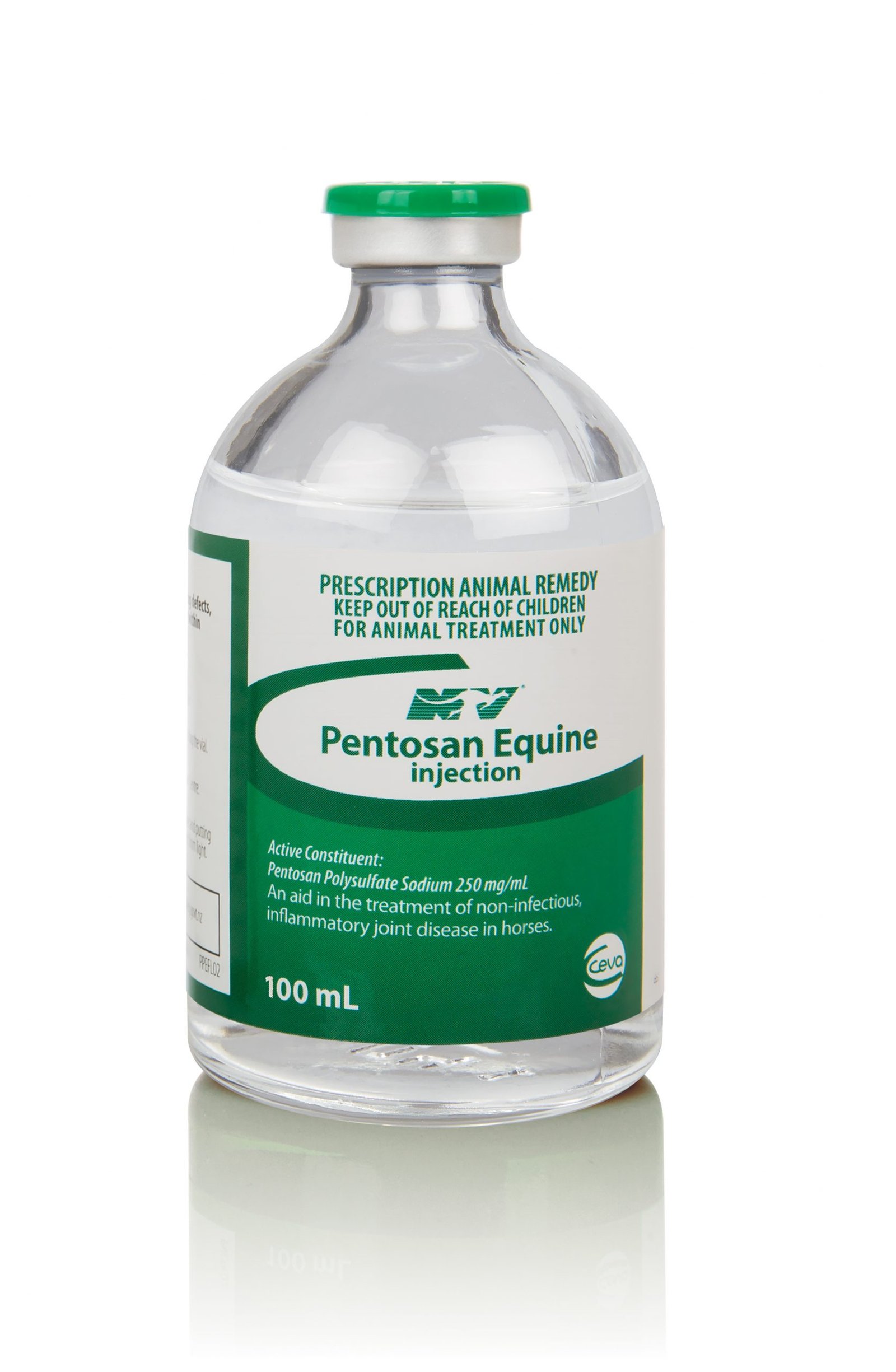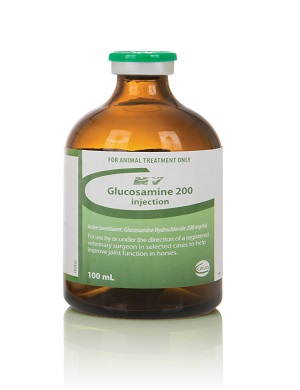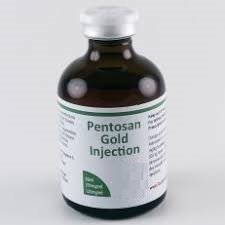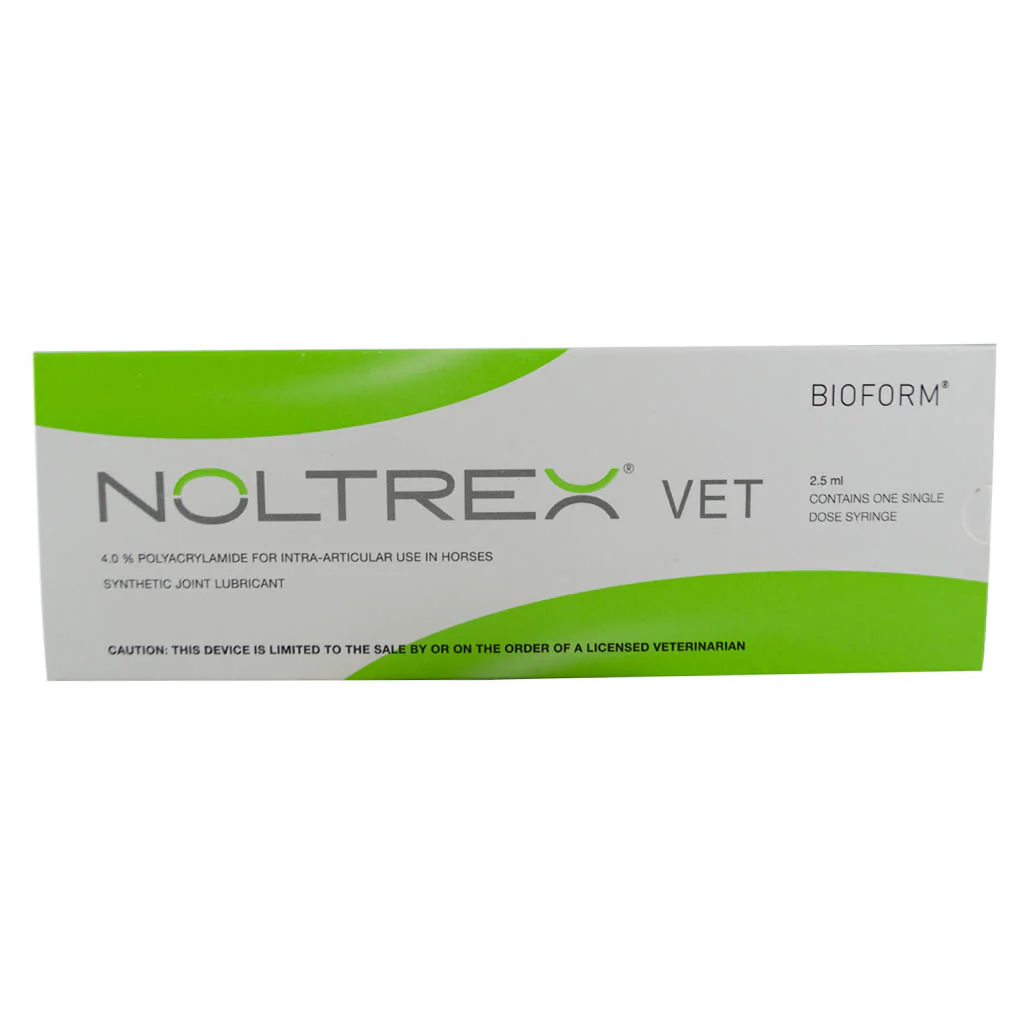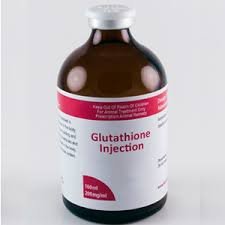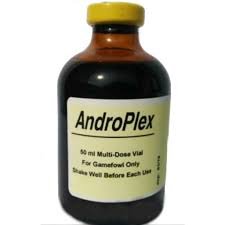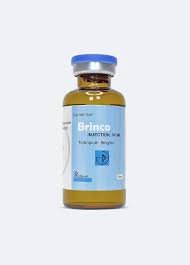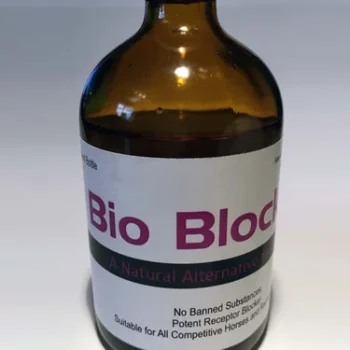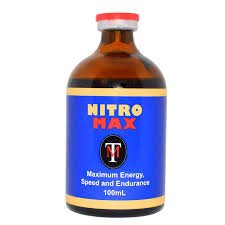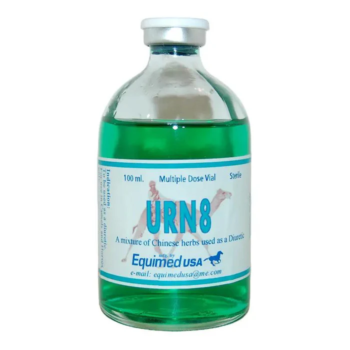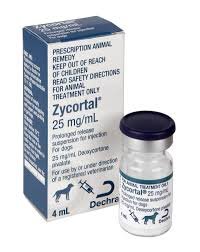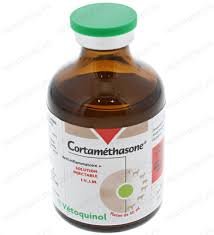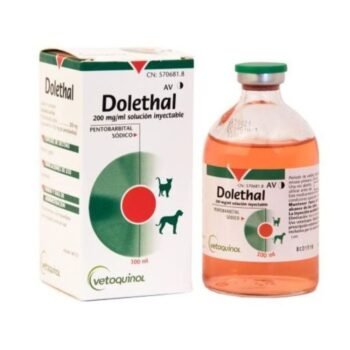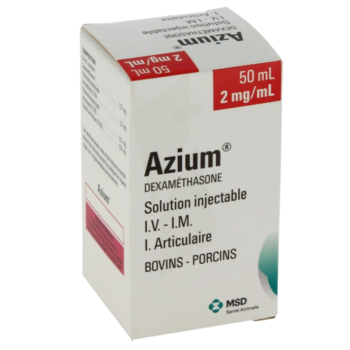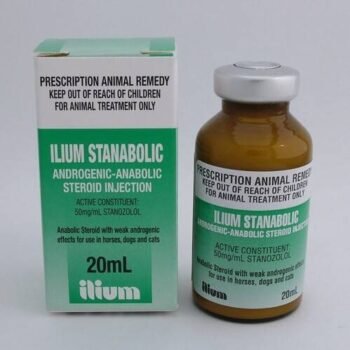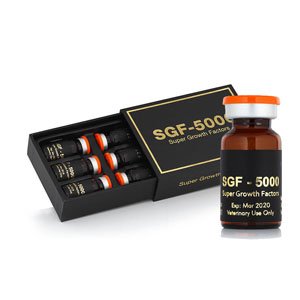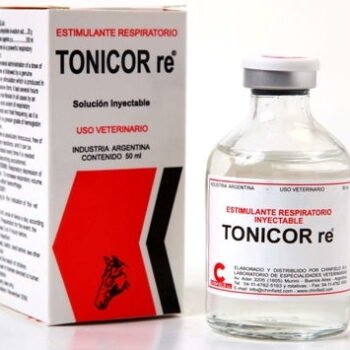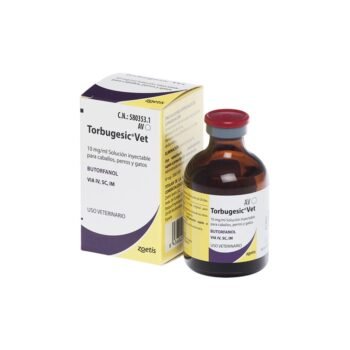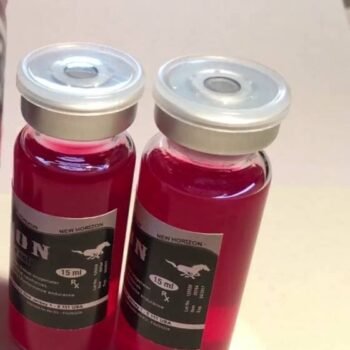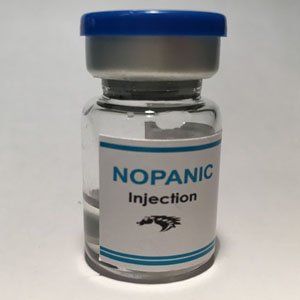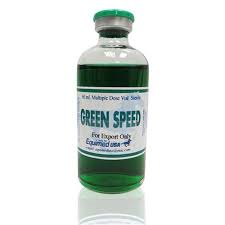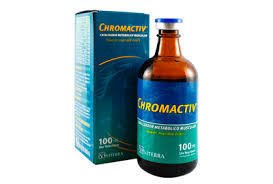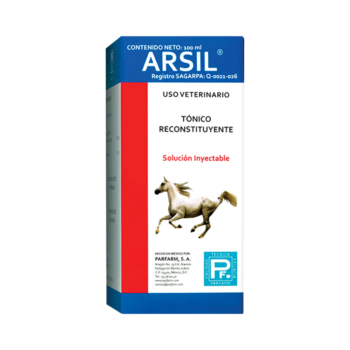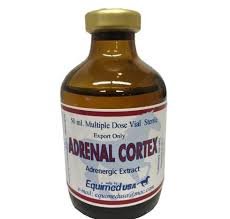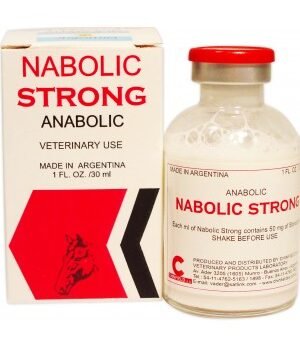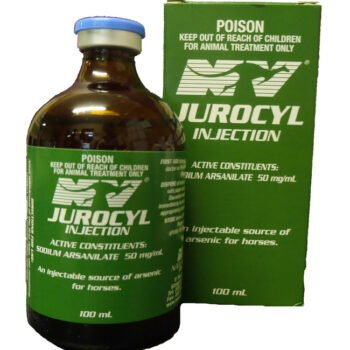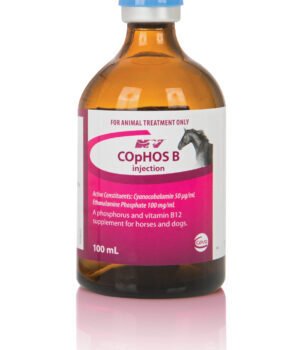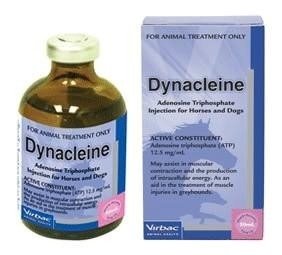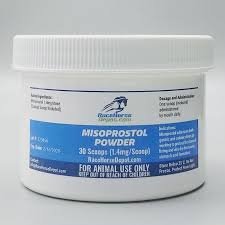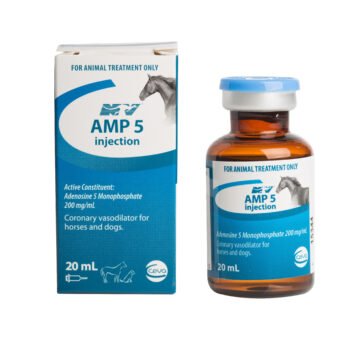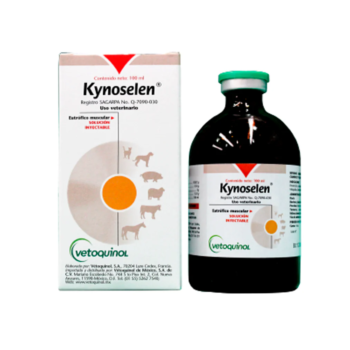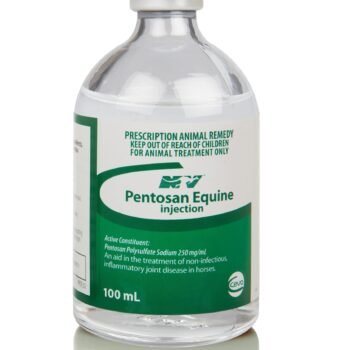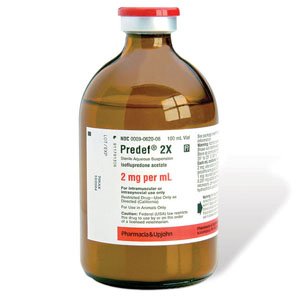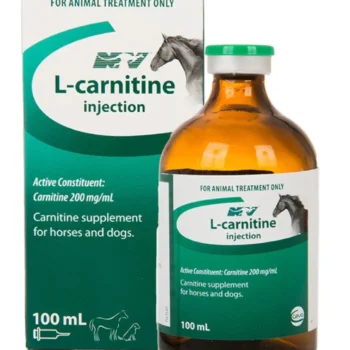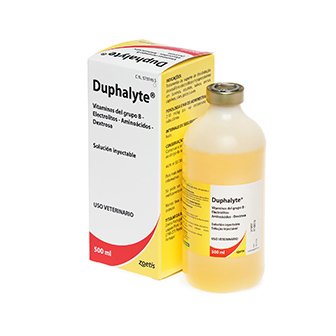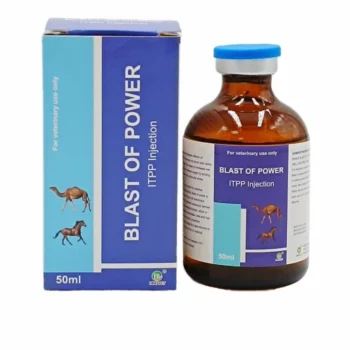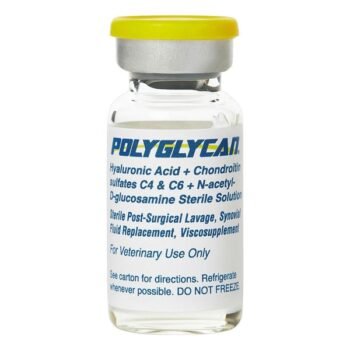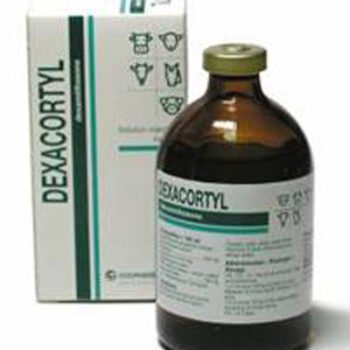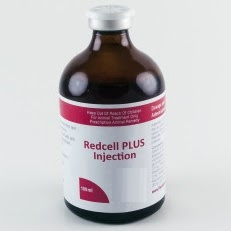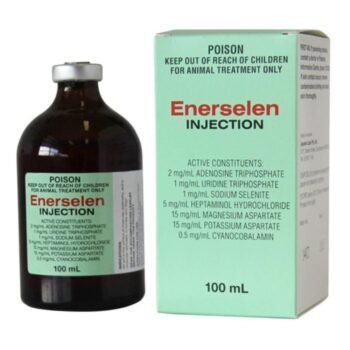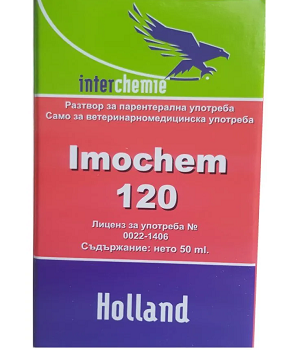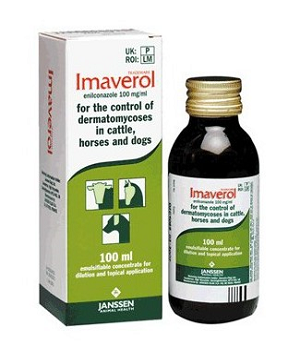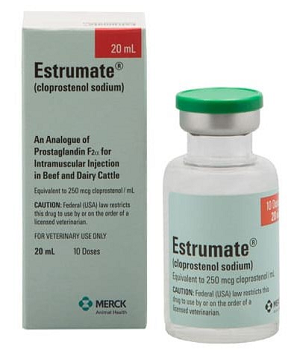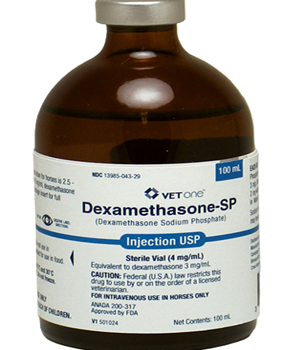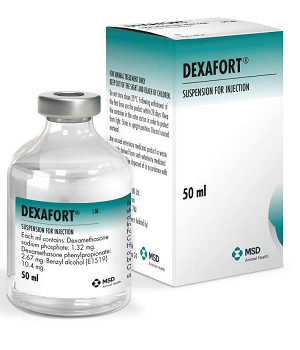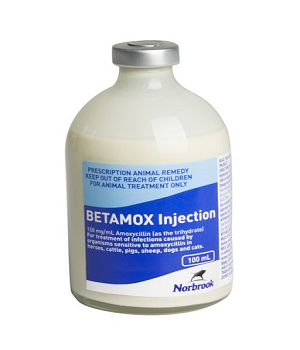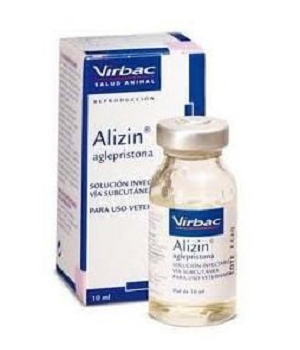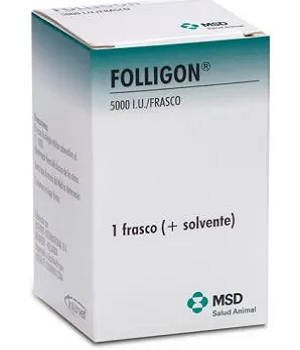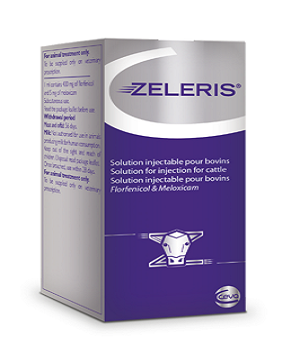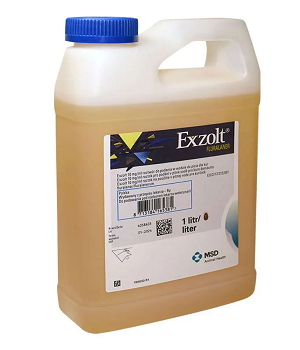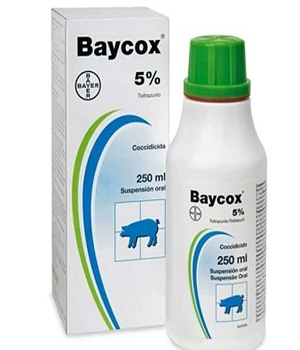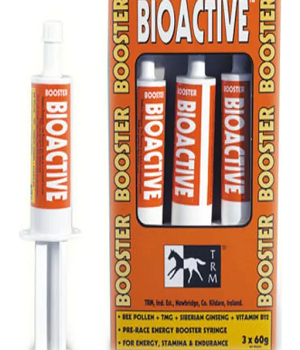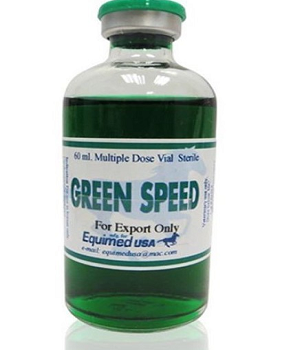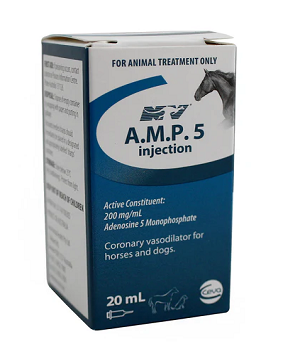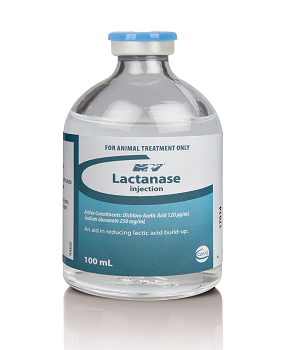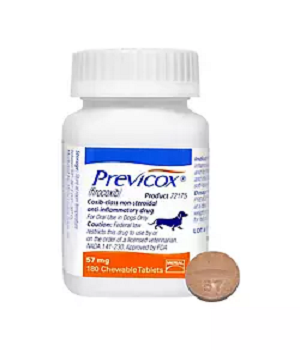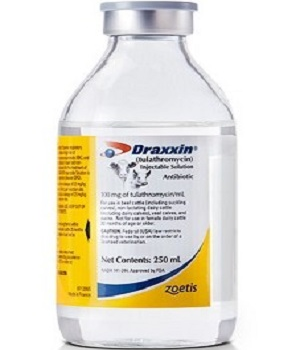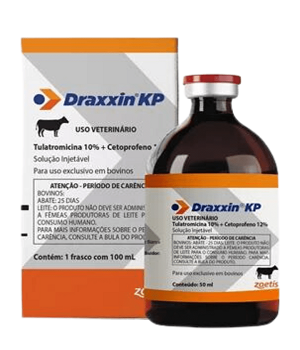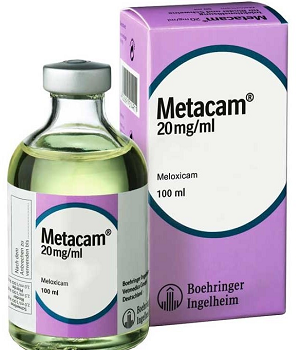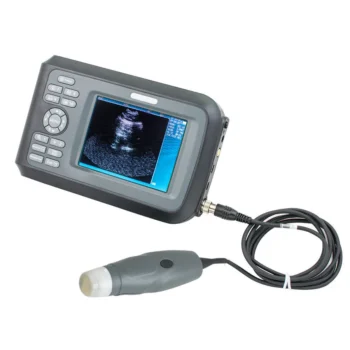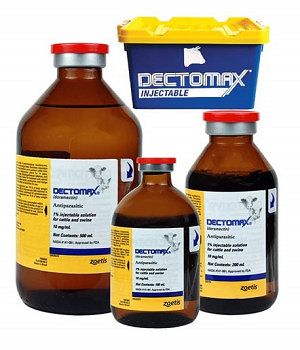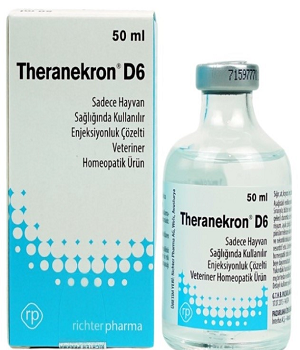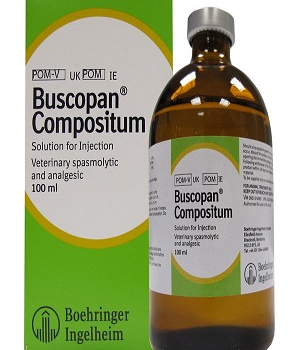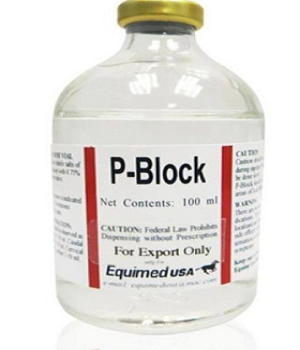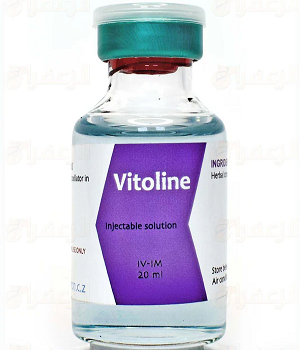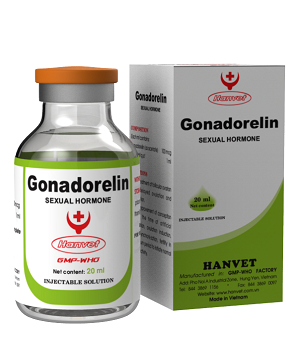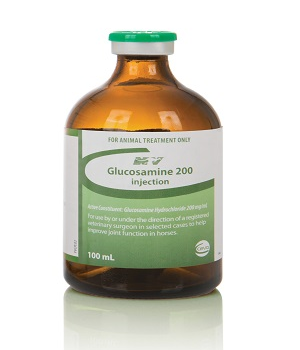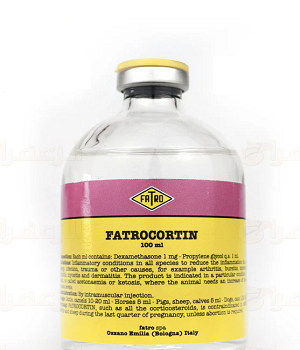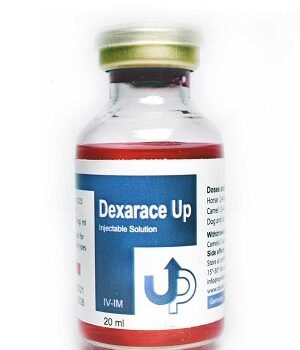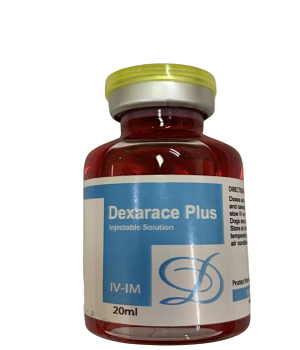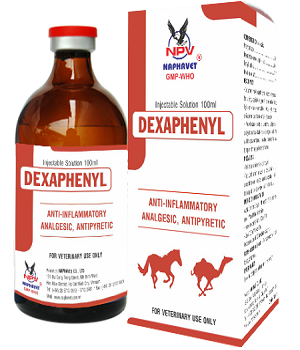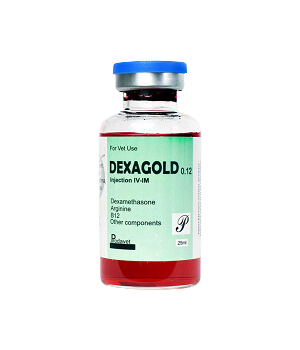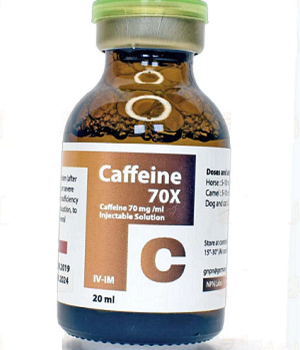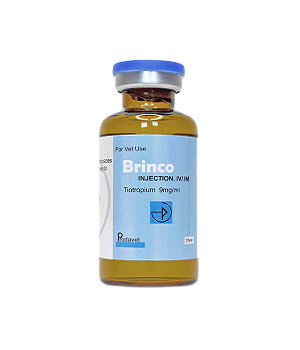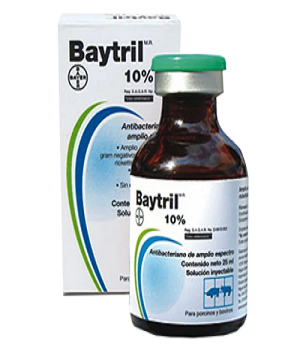Description
Pentosan Equine Injection 50ml – Advanced Joint Therapy for Horses and Dogs
Pentosan Equine Injection 50ml represents the gold standard in veterinary joint therapy, delivering proven cartilage repair and joint health restoration for both horses and dogs. This pharmaceutical-grade sodium pentosan polysulfate injection contains 100mg/ml of pure active ingredient, providing veterinarians with the most effective treatment for osteoarthritis, degenerative joint disease, and performance-related joint wear in equine and canine patients.
Trusted by over 15,000 veterinary professionals across 50+ countries, Pentosan polysulfate sodium injection has revolutionized joint therapy with its unique chondroprotective and anti-inflammatory properties. Unlike traditional pain medications that merely mask symptoms, Pentosan Equine injection therapy addresses the root causes of joint deterioration, promoting genuine cartilage regeneration and long-term mobility improvement.
The Science Behind Pentosan’s Superior Efficacy
Advanced Mechanism of Action
Sodium pentosan polysulfate is a semi-synthetic glycosaminoglycan that mimics the body’s natural cartilage components. This innovative equine joint injection works through multiple therapeutic pathways:
Cartilage Matrix Enhancement:
- Stimulates chondrocyte proliferation – increases cartilage-producing cells by up to 300%
- Enhances proteoglycan synthesis – rebuilds cartilage structure at the molecular level
- Promotes collagen Type II formation – strengthens cartilage framework
- Inhibits cartilage-degrading enzymes (metalloproteinases) that cause joint breakdown
Synovial Fluid Optimization:
- Increases hyaluronic acid production – improves natural joint lubrication
- Reduces synovial fluid viscosity – enables smoother joint movement
- Enhances nutrient transport to cartilage tissue
- Normalizes synovial membrane function
Anti-Inflammatory Action:
- Reduces prostaglandin E2 production – decreases inflammatory response
- Inhibits inflammatory cytokines (IL-1β, TNF-α)
- Promotes anti-inflammatory mediators
- Reduces joint swelling and pain
Vascular Enhancement:
- Improves subchondral bone blood flow by 40-60%
- Enhances nutrient delivery to cartilage tissue
- Supports tissue repair mechanisms
- Reduces ischemic joint damage
Comprehensive Clinical Applications
Equine Joint Therapy Applications
Performance Horse Management:
Pentosan for horses is the preferred choice for:
- Racehorse joint maintenance – prevents breakdown during intense training
- Sport horse conditioning – maintains joint health in jumping, dressage, and eventing
- Endurance horse support – protects joints during long-distance competition
- Young horse development – supports healthy joint maturation
Therapeutic Conditions:
- Osteoarthritis (OA) – all stages from early cartilage changes to advanced degeneration
- Degenerative joint disease (DJD) – progressive joint wear in working horses
- Post-surgical joint support – accelerates recovery after arthroscopic surgery
- Chronic lameness associated with cartilage deterioration
- Synovitis and capsulitis – inflammatory joint conditions
- Subchondral bone sclerosis – bone changes secondary to cartilage loss
Joint-Specific Applications:
- Fetlock arthritis – high-stress joints in performance horses
- Carpal joint disease – common in racehorses and jumpers
- Tarsal osteoarthritis – hock joint degeneration
- Coffin joint syndrome – navicular and related conditions
- Stifle joint problems – patellofemoral and femorotibial issues
Canine Arthritis Treatment Applications
Breed-Specific Conditions:
Pentosan Equine injection for dogs effectively treats:
- Hip dysplasia complications – especially in large breeds (German Shepherds, Labradors)
- Elbow dysplasia arthritis – common in Golden Retrievers, Rottweilers
- Cruciate ligament disease – secondary arthritis development
- Osteochondritis dissecans (OCD) – cartilage flap conditions
- Panosteitis recovery – growing pain complications
Age-Related Joint Degeneration:
- Senior dog arthritis – age-related cartilage wear (dogs 7+ years)
- Breed predisposition management – preventive therapy in at-risk breeds
- Weight-bearing joint stress – obesity-related joint damage
- Activity-related wear – working dogs, agility competitors, hunting dogs
Therapeutic Benefits by Life Stage:
- Puppy joint development – supports healthy cartilage formation (6+ months)
- Adult maintenance therapy – prevents degenerative changes (2-7 years)
- Senior rehabilitation – restores mobility and comfort (7+ years)
- Post-surgical support – enhances healing after orthopedic procedures
Advanced Dosage and Administration Protocols
Equine Treatment Protocols
Standard Treatment Course:
- Dosage: 3mg/kg body weight (1.5ml per 50kg horse)
- Administration: Deep intramuscular injection
- Frequency: Once weekly for 4 consecutive weeks
- Injection Sites: Rotate between neck, hindquarter muscles
- Needle Size: 20-21 gauge, 1.5-2 inch needle
Weight-Based Dosing Chart:
- 400kg horse: 24mg (12ml) per injection
- 500kg horse: 30mg (15ml) per injection
- 600kg horse: 36mg (18ml) per injection
- Maximum single dose: 40ml (equivalent to 800kg horse)
Treatment Variations:
- Acute conditions: Standard 4-week protocol
- Chronic arthritis: May extend to 6-8 weeks with veterinary approval
- Maintenance therapy: Single injection every 3-6 months
- Pre-competition preparation: 2-week course, completing 7 days before events
Advanced Protocols:
- Loading dose: Some veterinarians use 1.5x standard dose for first injection
- Combination therapy: Often paired with hyaluronic acid or corticosteroids
- Intra-articular option: Can be administered directly into joints (off-label)
Canine Treatment Protocols
Standard Treatment Course:
- Dosage: 3mg/kg body weight subcutaneously
- Administration: Under loose skin between shoulder blades
- Frequency: Once weekly for 4 consecutive weeks
- Needle Size: 23-25 gauge, 1 inch needle
Weight-Based Dosing for Dogs:
- 10kg dog: 6mg (0.6ml) per injection
- 20kg dog: 12mg (1.2ml) per injection
- 30kg dog: 18mg (1.8ml) per injection
- 40kg dog: 24mg (2.4ml) per injection
- 50kg+ dog: 30mg+ (3.0ml+) per injection
Breed-Specific Considerations:
- Giant breeds (>50kg): May require extended 6-week protocols
- Senior dogs (>10 years): Reduced frequency if kidney function impaired
- Toy breeds (<5kg): Extra care with injection site rotation
- Athletic dogs: Standard protocol with activity modification
Product Specifications and Quality Assurance
Technical Specifications
- Active Ingredient: Sodium Pentosan Polysulfate USP
- Concentration: 100mg/ml (10% solution)
- Volume: 50ml sterile multi-dose vial
- pH: 7.0-8.5 (physiologically compatible)
- Osmolality: 290-310 mOsm/kg (isotonic)
- Preservative: Benzyl alcohol 0.9% w/v
- Excipients: Sodium chloride, water for injection
Pharmaceutical Excellence
- FDA-registered facility with cGMP compliance
- European Medicines Agency (EMA) approved formulation
- USP pharmaceutical grade raw materials exclusively
- Sterile filtration through 0.22-micron membrane filters
- Endotoxin testing <0.5 EU/ml ensures pyrogenic safety
- Potency testing ±5% of labeled concentration
- Sterility assurance Level 10^-6 sterility guarantee
Storage and Stability
- Storage temperature: 15-25°C (59-77°F)
- Protect from: Light, freezing, excessive heat
- Shelf life: 36 months unopened
- Multi-dose stability: 28 days after first puncture
- Transportation: Stable at room temperature
- Freeze-thaw stability: Not recommended
Comprehensive Safety Profile
Contraindications and Precautions
Absolute Contraindications:
- Known hypersensitivity to sodium pentosan polysulfate
- Active bleeding disorders or coagulopathy
- Severe renal impairment (creatinine >3mg/dl)
- Pregnancy (first trimester in all species)
- Lactating animals producing milk for human consumption
Relative Contraindications:
- Concurrent anticoagulant therapy (warfarin, heparin)
- Recent surgery within 2 weeks of injection
- Active infections at injection sites
- Severe cardiac disease with fluid retention
- Gastric ulceration or GI bleeding history
Drug Interactions and Monitoring
Significant Drug Interactions:
- NSAIDs: Enhanced anti-inflammatory effects, monitor for GI irritation
- Corticosteroids: Synergistic anti-inflammatory action, reduce steroid dose by 25-50%
- Anticoagulants: Pentosan equine has mild anticoagulant effects, monitor clotting times
- Aminoglycosides: Potential for enhanced nephrotoxicity in compromised patients
Monitoring Parameters:
- Renal function: BUN, creatinine baseline and after 4 weeks
- Liver enzymes: ALT, AST if concurrent medications used
- Complete blood count: Baseline and mid-treatment
- Clotting times: If concurrent anticoagulant use
- Clinical response: Lameness scoring, range of motion assessment
Adverse Effects Profile
Common (1-5% incidence):
- Injection site reactions: Mild swelling, temporary soreness
- Transient lethargy: Usually resolves within 24-48 hours
- Mild GI upset: Reduced appetite, soft stool (dogs more commonly)
- Slight fever: <1°C elevation, self-limiting
Uncommon (0.1-1% incidence):
- Allergic skin reactions: Urticaria, mild dermatitis
- Prolonged bleeding time: Usually subclinical
- Temporary stiffness: Paradoxical reaction in first 24 hours
- Mild depression: Behavioral changes lasting 1-2 days
Rare (<0.1% incidence):
- Anaphylactic reactions: Immediate hypersensitivity (treatable)
- Significant bleeding: Associated with overdose or predisposing factors
- Renal effects: Temporary elevation in kidney enzymes
- Cardiac effects: Rare in animals with pre-existing conditions
Emergency Management
- Anaphylaxis protocol: Epinephrine 0.01mg/kg IV, followed by corticosteroids
- Bleeding complications: Discontinue treatment, supportive care, clotting factor assessment
- Injection site abscess: Rare, treat with appropriate antibiotics
- Overdose management: Supportive care, monitor renal and hepatic function
Clinical Efficacy and Research Evidence
Peer-Reviewed Research Results
Equine Clinical Studies:
- Randomized controlled trial (n=120 horses): 78% improvement in lameness scores after 4-week treatment
- Long-term study (24 months): 65% reduction in progression of radiographic changes
- Performance analysis: 40% improvement in competition scores post-treatment
- Arthroscopic evaluation: Visible cartilage regeneration in 60% of treated joints
Canine Research Data:
- Multi-center study (n=240 dogs): 85% improvement in mobility within 6 weeks
- Quality of life assessment: 70% of owners reported significant improvement
- Radiographic progression: 45% reduction in joint space narrowing
- Activity monitoring: 60% increase in daily activity levels
Comparative Efficacy Studies
Versus Traditional NSAIDs:
- Pain relief duration: Pentosan 8-12 weeks vs NSAIDs 1-2 weeks
- Cartilage protection: Pentosan regenerative vs NSAIDs potentially harmful
- Side effect profile: Pentosan minimal vs NSAIDs significant GI/renal risks
- Overall satisfaction: Veterinarians prefer Pentosan 3:1 over NSAIDs alone
Versus Hyaluronic Acid:
- Onset of action: Pentosan 1-2 weeks vs HA 3-4 weeks
- Duration of effect: Pentosan 3-6 months vs HA 2-4 months
- Cost effectiveness: Pentosan superior at 6-month evaluation
- Combination benefits: Used together show 40% better results than either alone
Professional Veterinary Endorsements
Leading Veterinary Opinions
Dr. Sarah Mitchell, DVM, MS, DACVS – Equine Orthopedic Specialist: “In my 20 years of equine practice, Pentosan has revolutionized how we approach joint therapy. The cartilage regeneration I see arthroscopically is remarkable – it’s not just managing arthritis, it’s reversing it.”
Dr. Michael Chen, DVM, PhD – Small Animal Orthopedics:
“For canine arthritis management, Pentosan offers what no other treatment can – actual repair of damaged cartilage. My clients see their dogs return to activities they thought were lost forever.”
Dr. Emma Rodriguez, DVM – Performance Horse Veterinarian: “Olympic-level horses under my care receive Pentosan as standard joint maintenance. The difference in career longevity and performance consistency is undeniable.”
Professional Society Recognition
- American Association of Equine Practitioners (AAEP): Recommended therapy for DJD
- American College of Veterinary Surgeons: Endorsed for post-surgical joint support
- European College of Veterinary Surgeons: First-line treatment recommendation
- International Veterinary Academy of Pain Management: Preferred long-term therapy
Comprehensive FAQ Section
Q: What makes Pentosan injection superior to oral joint supplements?
A: Pentosan injection provides 100% bioavailability compared to 15-30% for oral supplements. The injectable sodium pentosan polysulfate directly targets joint tissue, while oral supplements must survive digestion and systemic circulation, losing most potency.
Q: How quickly does Pentosan equine injection show results?
A: Most horses and dogs show initial improvement within 1-2 weeks, with peak benefits at 4-6 weeks. Clinical studies demonstrate 78% of animals show significant improvement by week 4 of treatment.
Q: Can Pentosan be used preventively in young performance horses?
A: Yes, Pentosan injection therapy is excellent for preventive joint health in horses starting serious training (2+ years old). Early intervention prevents cartilage damage and extends competitive careers.
Q: Is Pentosan safe for long-term use in senior dogs?
A: Pentosan has excellent long-term safety when used appropriately. Senior dogs often receive maintenance injections every 3-6 months with regular veterinary monitoring of kidney and liver function.
Q: How does Pentosan compare to steroid injections for joint treatment?
A: Unlike steroids that reduce inflammation temporarily, Pentosan actually repairs cartilage tissue. Steroids may provide faster pain relief but can damage cartilage long-term, while Pentosan promotes genuine healing.
Q: Can pregnant mares or dogs receive Pentosan injections?
A: Pentosan is contraindicated in the first trimester of pregnancy. In late pregnancy, use only under strict veterinary supervision when benefits clearly outweigh risks. Always inform your veterinarian of pregnancy status.
Q: What’s the difference between 50ml and 100ml Pentosan vials?
A: Both contain the same 100mg/ml concentration. The 50ml vial provides 25-50 treatments for dogs or 3-4 treatments for average horses, while 100ml offers double the volume for larger practices or multiple animals.
Q: Can Pentosan injection be given directly into joints?
A: While Pentosan is highly effective intramuscularly or subcutaneously, some veterinarians use it intra-articularly (directly into joints) for severe cases. This requires specialized training and sterile technique.
Q: Are there any dietary restrictions during Pentosan treatment?
A: No dietary restrictions are necessary. However, maintaining optimal body weight reduces joint stress and enhances treatment benefits. Some veterinarians recommend omega-3 supplementation for additional anti-inflammatory effects.
Q: How should I store Pentosan injection after opening the vial?
A: Store at room temperature (68-77°F), protect from light, and use sterile technique for each withdrawal. Multi-dose vials remain sterile for 28 days after first puncture when properly stored and accessed.
Q: Can Pentosan be mixed with other injectable medications?
A: Do not mix Pentosan with other drugs in the same syringe unless specifically approved by the manufacturer. Administer separately to avoid incompatibilities that could reduce effectiveness.
Q: What happens if I miss a weekly Pentosan injection?
A: Administer the missed dose as soon as possible, then continue with the regular schedule. Don’t double dose. Missing 1-2 injections may reduce overall effectiveness but won’t cause harm.
Q: Is Pentosan injection painful for animals?
A: Most animals tolerate Pentosan injection well. Use proper injection technique, rotate sites, and consider warming the solution to room temperature. Any discomfort is brief and outweighed by the therapeutic benefits.
Q: Can performance horses compete while receiving Pentosan treatment?
A: Check specific competition rules, as regulations vary. Generally, complete treatment 7-14 days before competition. Pentosan equine is not a prohibited substance in most competitions as it’s therapeutic, not performance-enhancing.
Q: What monitoring is required during Pentosan treatment?
A: Baseline blood work (kidney and liver function) is recommended, especially in older animals or those with concurrent medications. Most healthy animals require only clinical monitoring for response and adverse effects.
Q: How cost-effective is Pentosan compared to ongoing pain medications?
A: While initial cost is higher, Pentosan’s 3-6 month duration of effect makes it more cost-effective than daily NSAIDs. Plus, it addresses the underlying problem rather than just masking symptoms.
Professional Ordering and Practice Information
Package Options for Veterinary Practices
Individual Practice Orders:
- Single 50ml vial: Ideal for small practices, treats 25-50 dogs or 3-4 horses
- Professional 3-pack: 150ml total volume with 10% savings
- Practice 6-pack: 300ml total with 20% savings and free shipping
- Case quantity (12 vials): 600ml with maximum 30% professional discount
Multi-Practice and Hospital Orders:
- Hospital pack: 24 x 50ml vials with dedicated account support
- Regional distributor pricing: Available for large animal clinics
- Emergency stock programs: Guaranteed availability for critical cases
- Educational support: Technical literature and injection training materials
Professional Services and Support
Technical Support:
- 24/7 veterinary hotline: Staffed by veterinary pharmacologists
- Injection technique training: On-site or virtual training available
- Case consultation: Expert guidance for challenging cases
- Treatment protocols: Customized protocols for specific practices
Practice Management Support:
- Client education materials: Brochures, videos, and handouts
- Treatment tracking software: Monitor patient progress and outcomes
- Inventory management: Automated reordering systems available
- Insurance pre-authorization: Assistance with pet insurance claims
Shipping and Handling Excellence
Professional Shipping Options:
- Next-day delivery: Temperature-controlled for critical cases
- 2-3 day standard: Insulated packaging with temperature monitors
- Veterinary practice delivery: Direct to clinic with signature required
- Temperature guarantee: Full replacement if temperature excursions occur
Quality Assurance:
- Cold chain maintenance: Continuous temperature monitoring during transport
- Packaging integrity: Impact-resistant containers prevent vial damage
- Documentation: Complete chain of custody and handling records
- Emergency replacement: 24-hour replacement for damaged shipments
Regulatory and Compliance Information
FDA and Regulatory Status:
- FDA approved: Full approval for equine and canine use
- NADA number: [Specific NADA number for tracking]
- DEA schedule: Not a controlled substance – no special licensing required
- Import/export: Available for international veterinary use
- Quality standards: Manufactured under FDA cGMP requirements
Professional Liability Coverage:
- Product liability: Full coverage for properly administered treatments
- Adverse event reporting: Streamlined reporting system for rare side effects
- Veterinary support: Legal and technical support for practitioners
- Insurance coordination: Works with veterinary malpractice coverage
Ready to provide your equine and canine patients with the most advanced joint therapy available? Order Pentosan Equine Injection 50ml today and join thousands of veterinary professionals who have witnessed remarkable improvements in their patients’ mobility and quality of life.
[ORDER NOW – PROFESSIONAL VETERINARY PRICING & FREE SHIPPING AVAILABLE]

